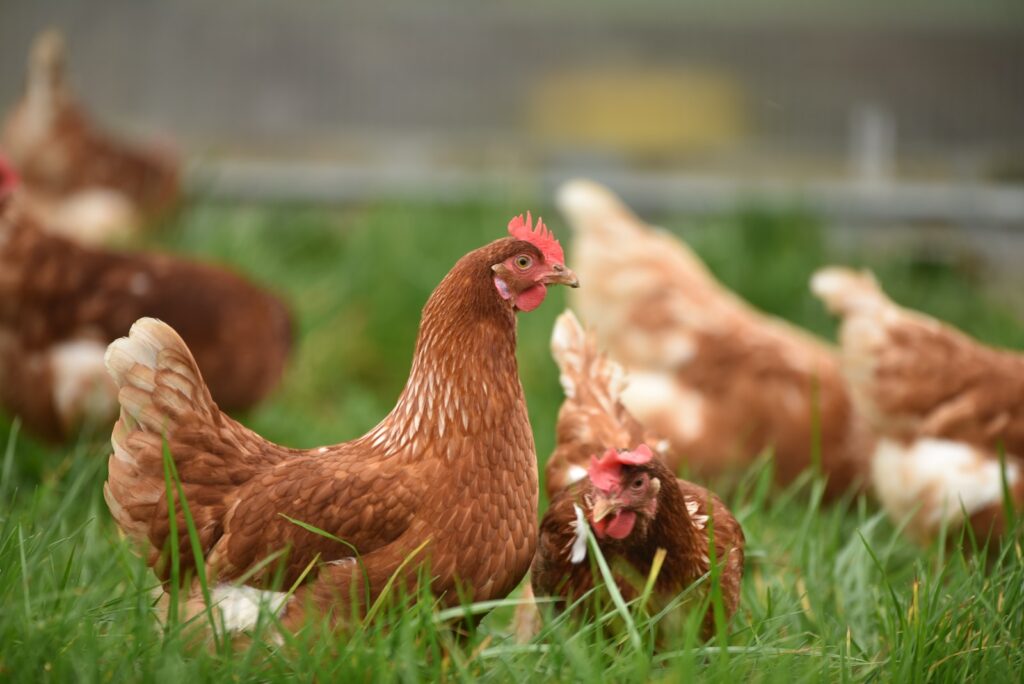Can Chickens Eat Lettuce — Understanding the Risks and Benefits
Chickens are wonderful creatures that bring joy to many pet owners. As responsible caretakers, it is crucial to ensure their diet meets their nutritional needs. One common question that arises is whether chickens can safely consume lettuce. In this article, we will explore the risks and benefits of feeding lettuce to chickens, providing you with the information you need to make an informed decision for your feathered friends.
The Advantages of Lettuce for Chickens
Feeding lettuce to chickens can offer them several advantages and health boosts. Firstly, lettuce is a leafy green vegetable, rich in essential nutrients such as vitamins A, K, and C, along with minerals like calcium and iron. Incorporating lettuce into their diet can contribute to their overall well-being and support healthy growth.
Furthermore, lettuce is known to be hydrating due to its high water content. This can be particularly beneficial during hot summer months when chickens need additional hydration to stay cool and maintain their body temperature.
Lastly, lettuce can provide environmental enrichment for your chickens. Offering them leafy greens helps simulate natural foraging behavior, keeping them mentally stimulated and engaged.
Recommended Frequency and Quantity
When it comes to feeding lettuce to your chickens, moderation is key. While it can be a beneficial addition to their diet, it should not replace their primary source of nutrition. Offering lettuce as a treat or supplementing their main feed with small amounts of lettuce is recommended.
Aim to provide lettuce to your chickens 1–3 times per week, ensuring it amounts to no more than 10% of their overall diet. This allows them to enjoy the advantages of lettuce while maintaining a balanced nutritional intake.
Cautions and Precautions
Although lettuce is generally safe for chickens, there are a few considerations to keep in mind. Firstly, always wash the lettuce thoroughly to remove any traces of pesticides or contaminants that could be harmful to your chickens.
Additionally, avoid feeding them wilted or spoiled lettuce, as it might harbor bacteria that could lead to digestive issues. Always provide fresh and crisp lettuce to ensure their well-being.
Lastly, while lettuce is generally safe, some chickens may develop digestive problems or experience loose droppings if they consume excessive amounts. Monitor their response to lettuce and consult a veterinarian if you notice any unusual symptoms.
Can Other Pets Enjoy Lettuce?
While lettuce is a suitable food choice for chickens, it’s important to note that not all pets can safely consume it. However, rabbits and guinea pigs, for example, can also enjoy lettuce as part of their diet. Always research the specific dietary requirements of your other pets before offering them lettuce or any other food.
Conclusion
In conclusion, lettuce can be a safe and beneficial addition to a chicken’s diet, offering them essential nutrients, hydration, and environmental enrichment. Remember to incorporate lettuce in moderation, following the recommended frequency and quantity guidelines. Additionally, take precautions such as washing the lettuce thoroughly and avoiding wilted or spoiled leaves. By considering these factors, you can provide your chickens with a varied and healthy diet while ensuring their well-being and happiness.





